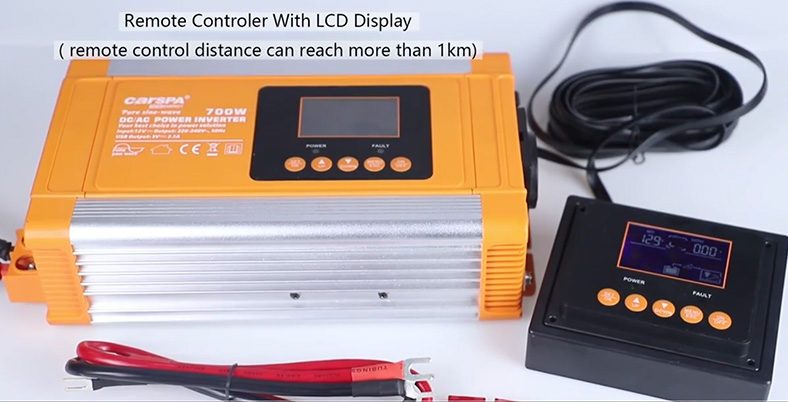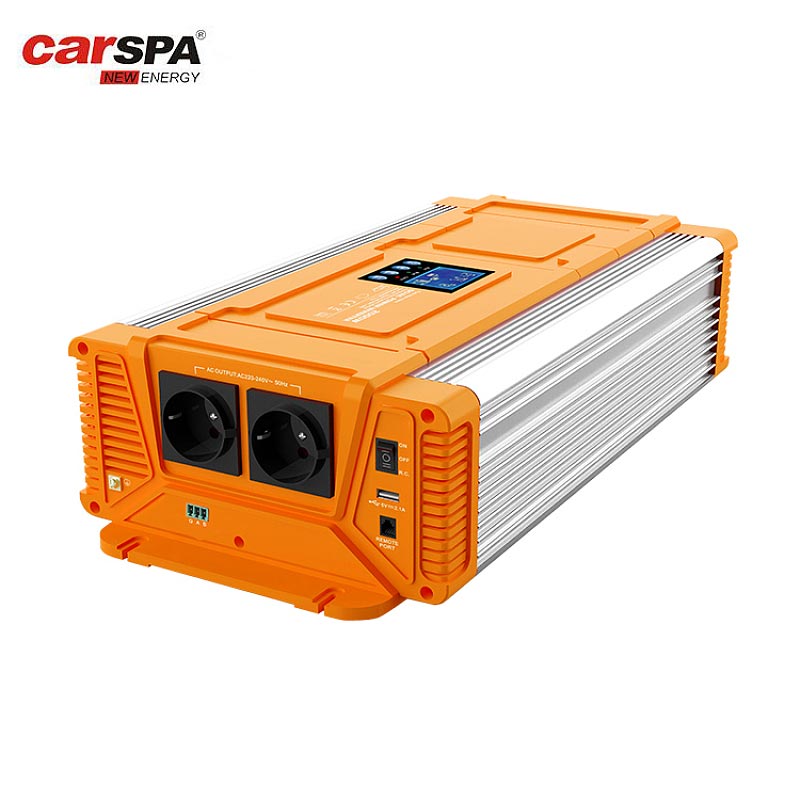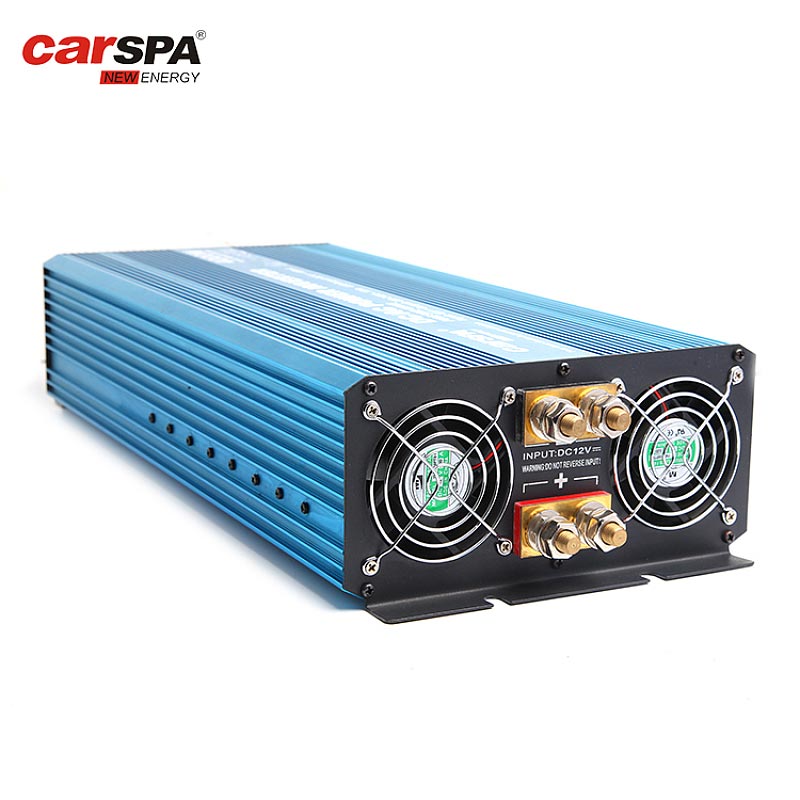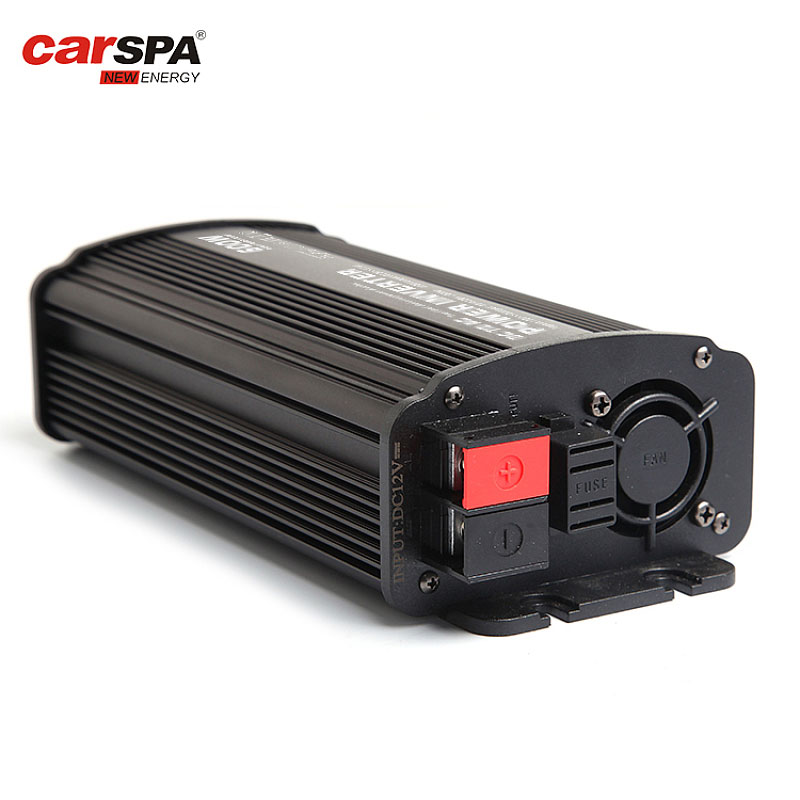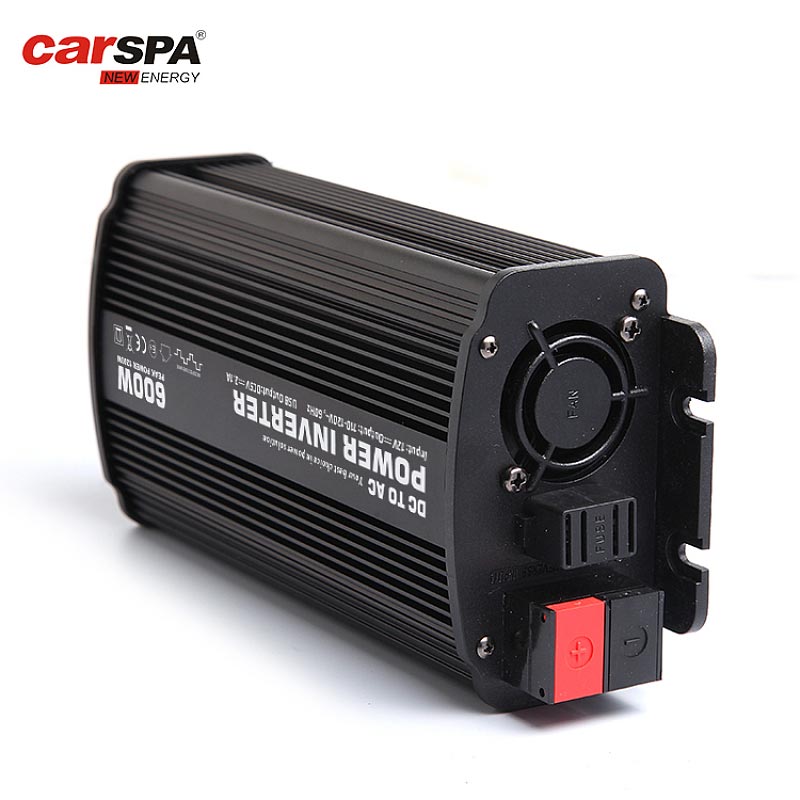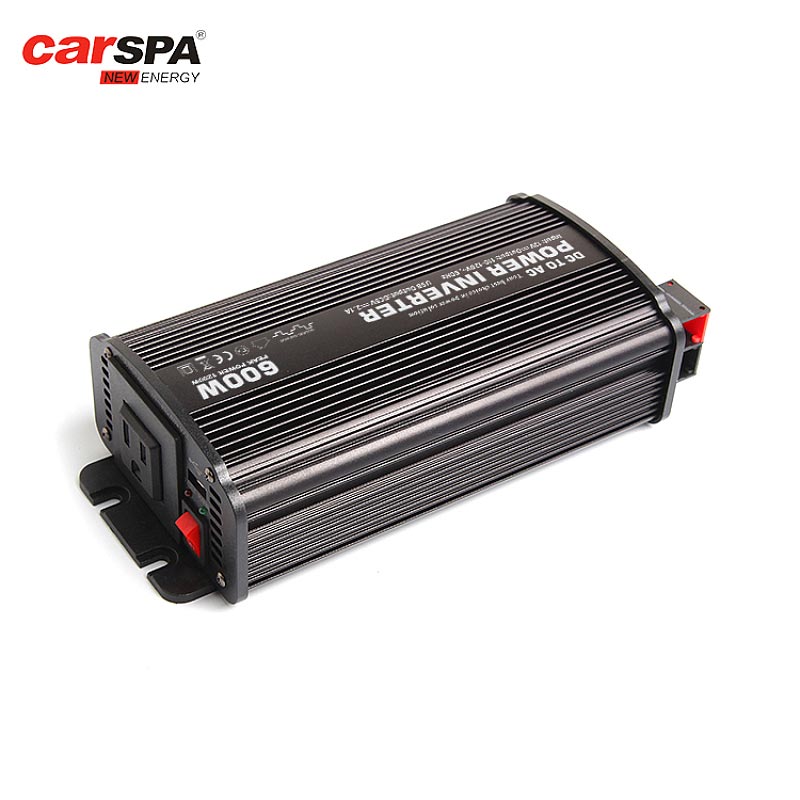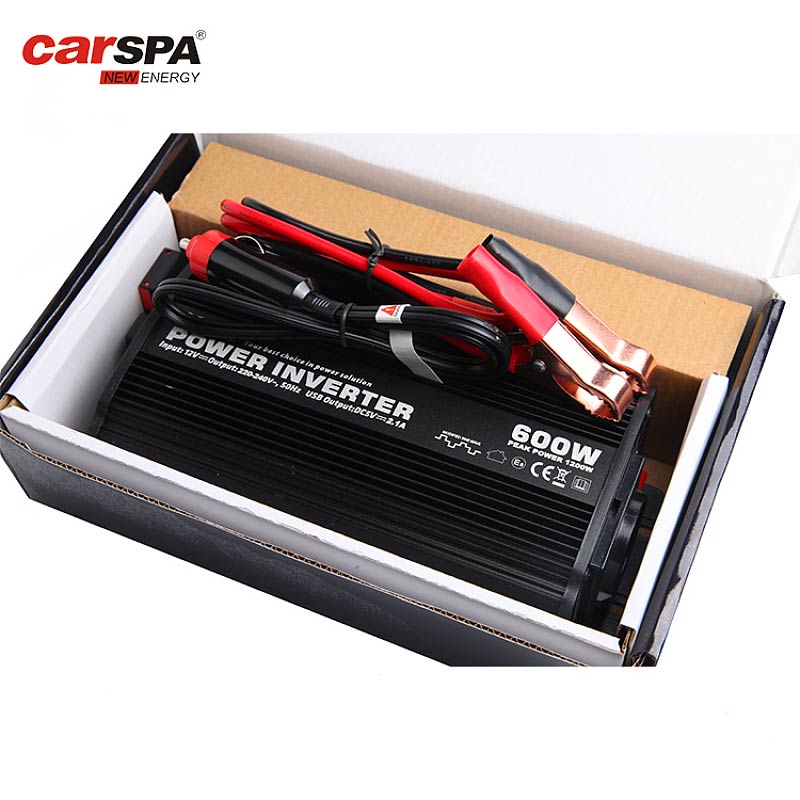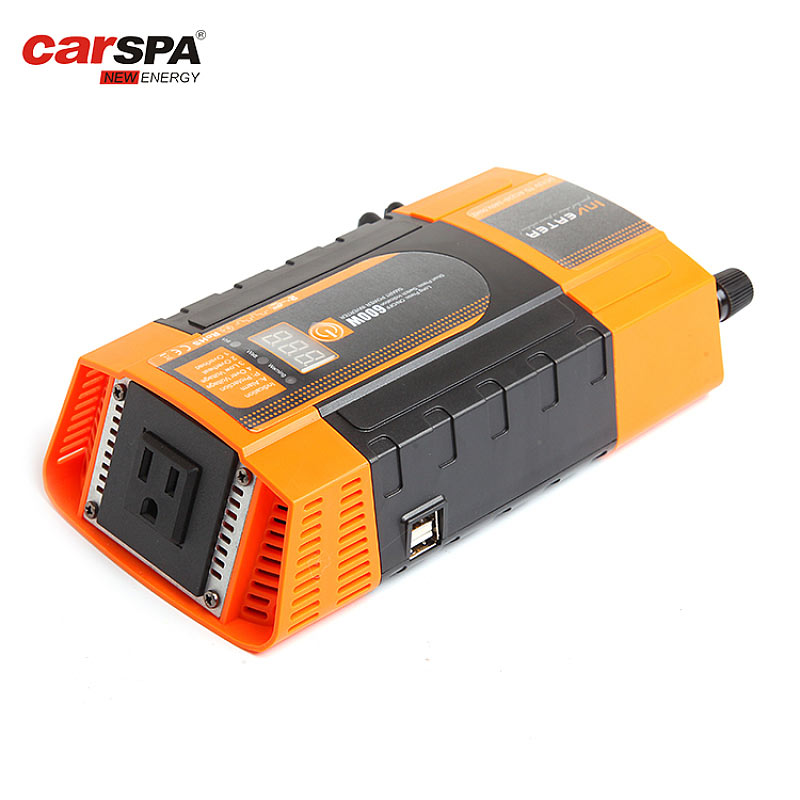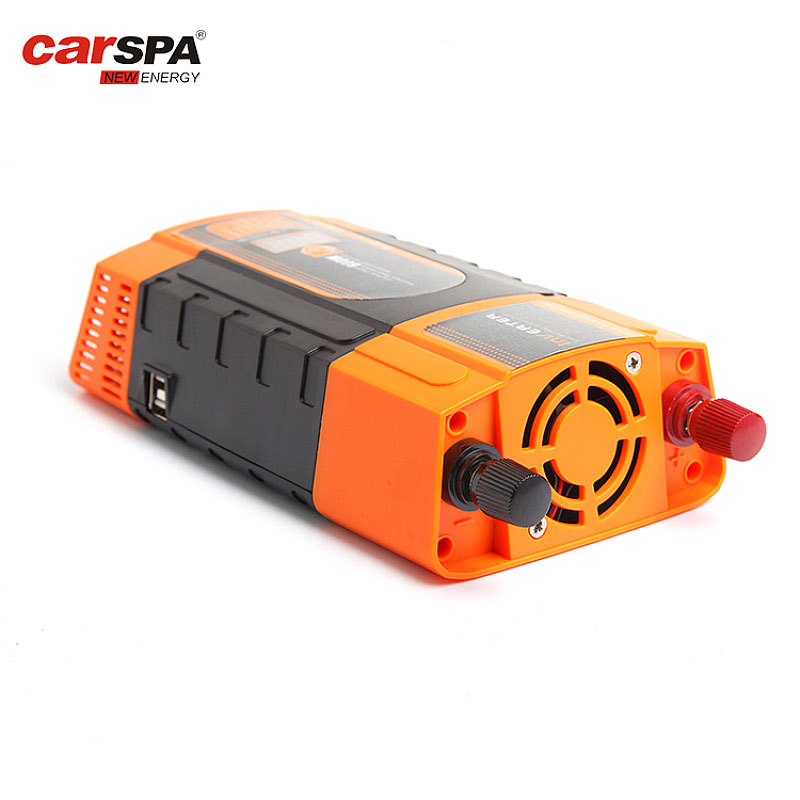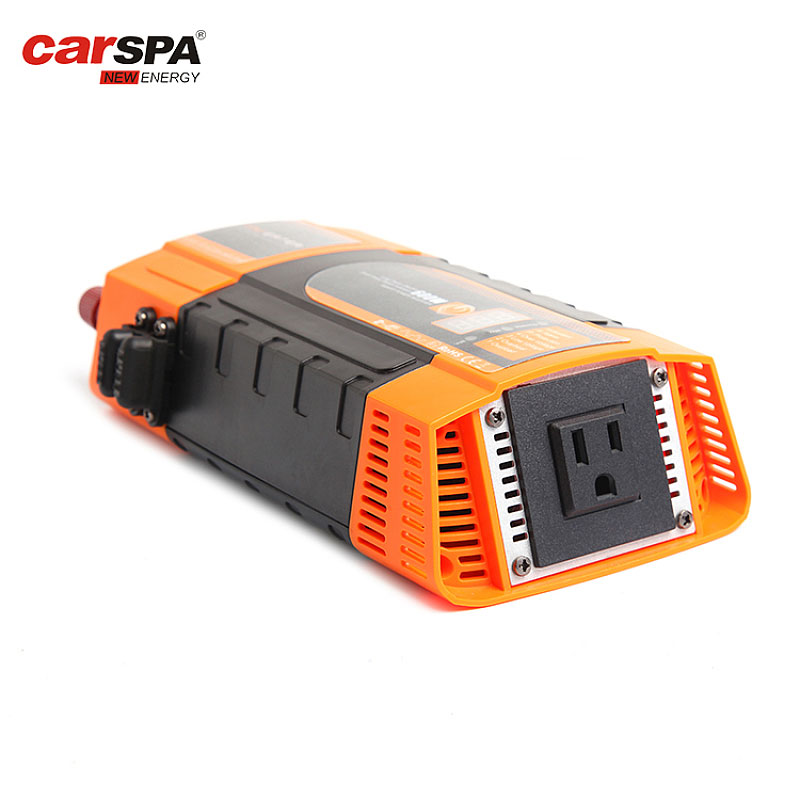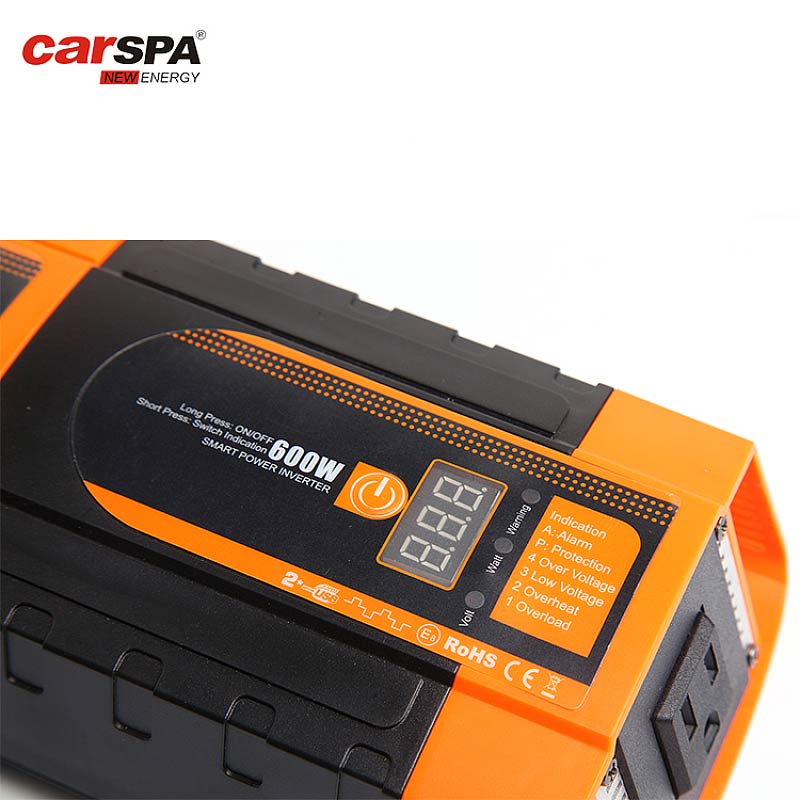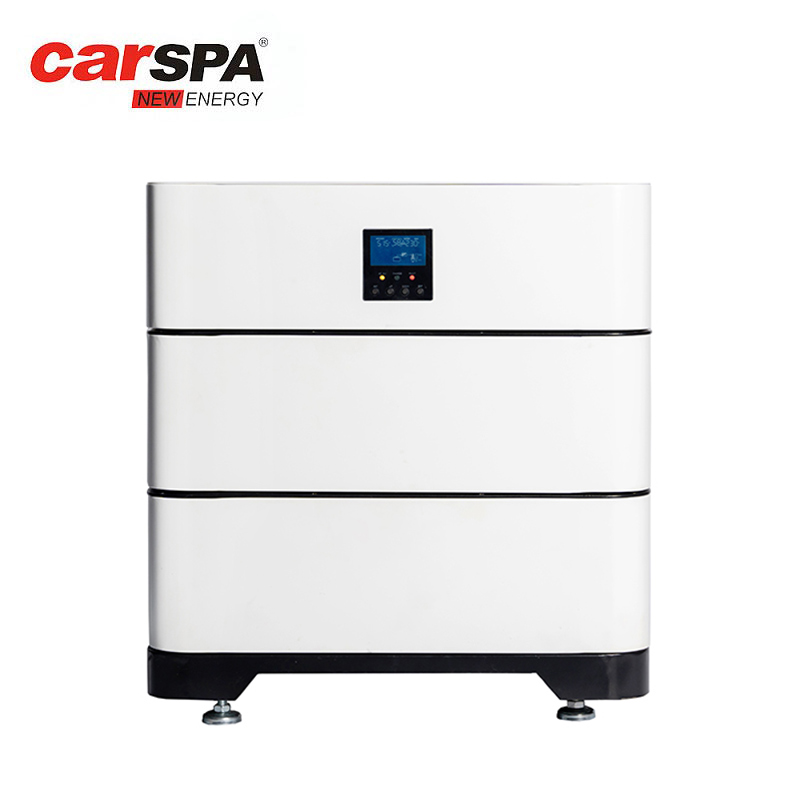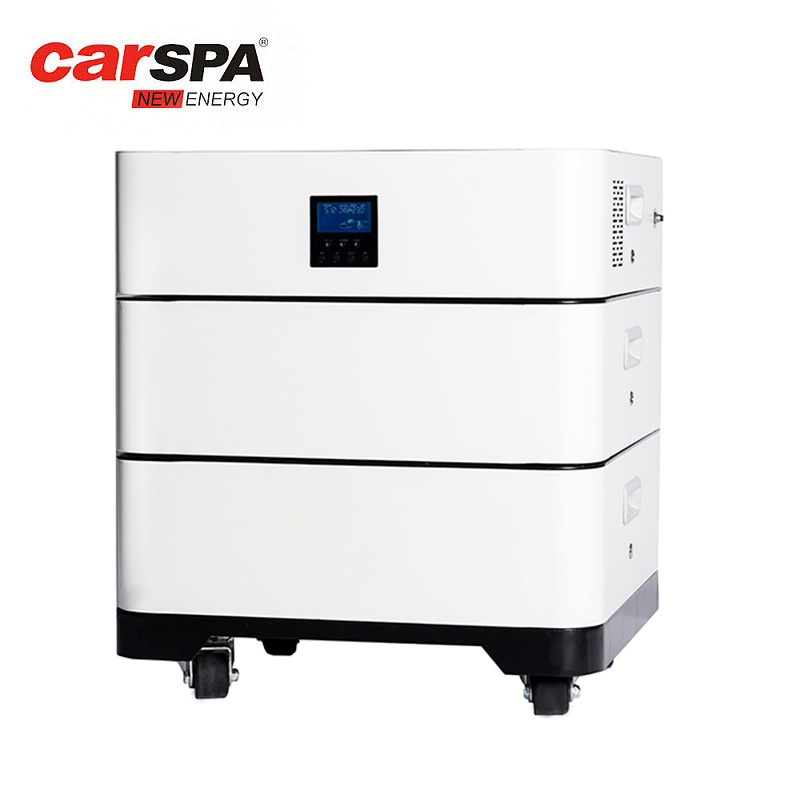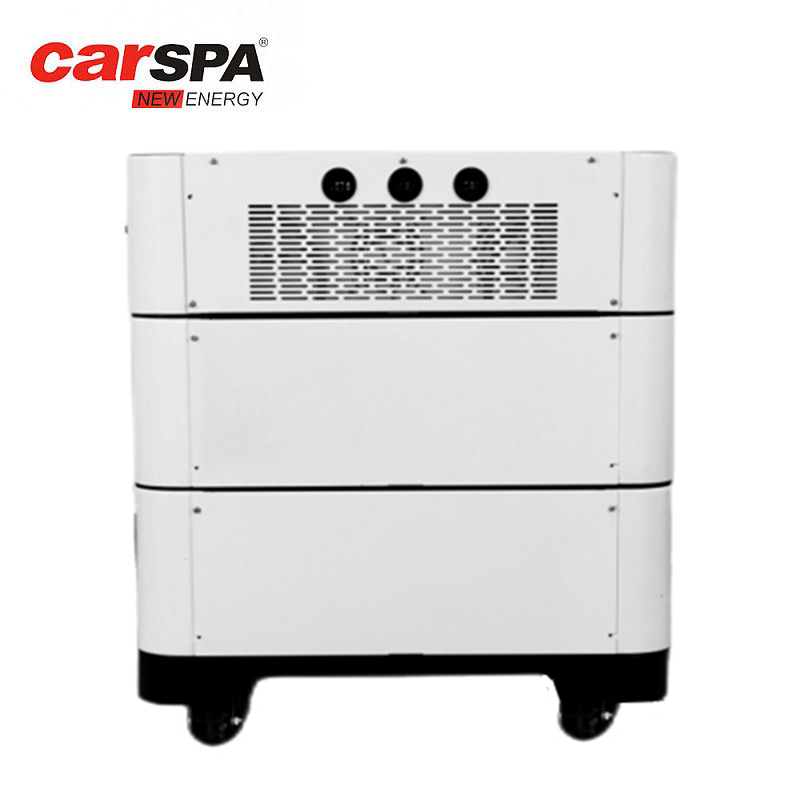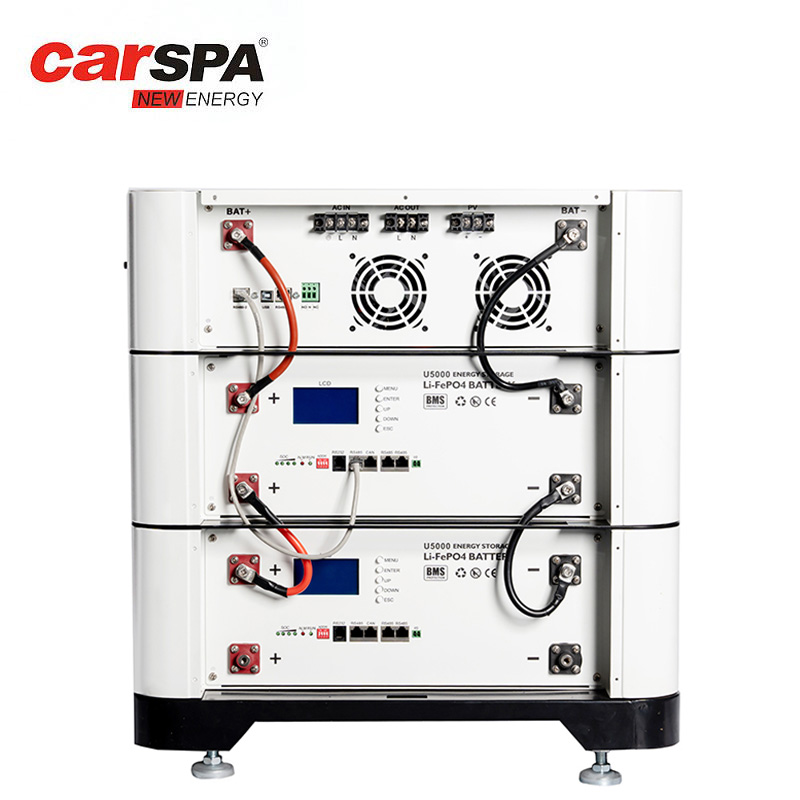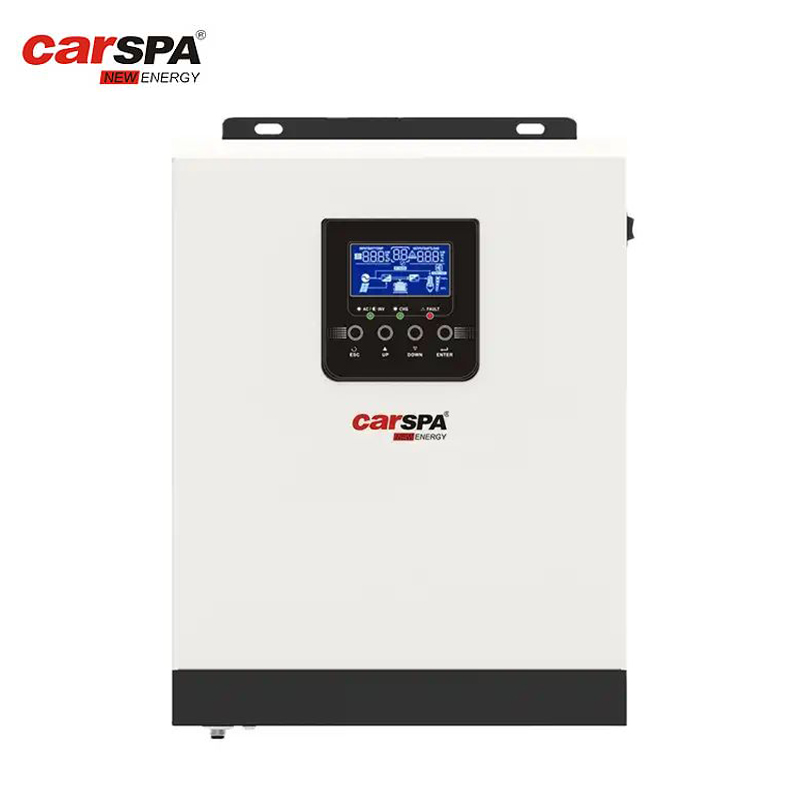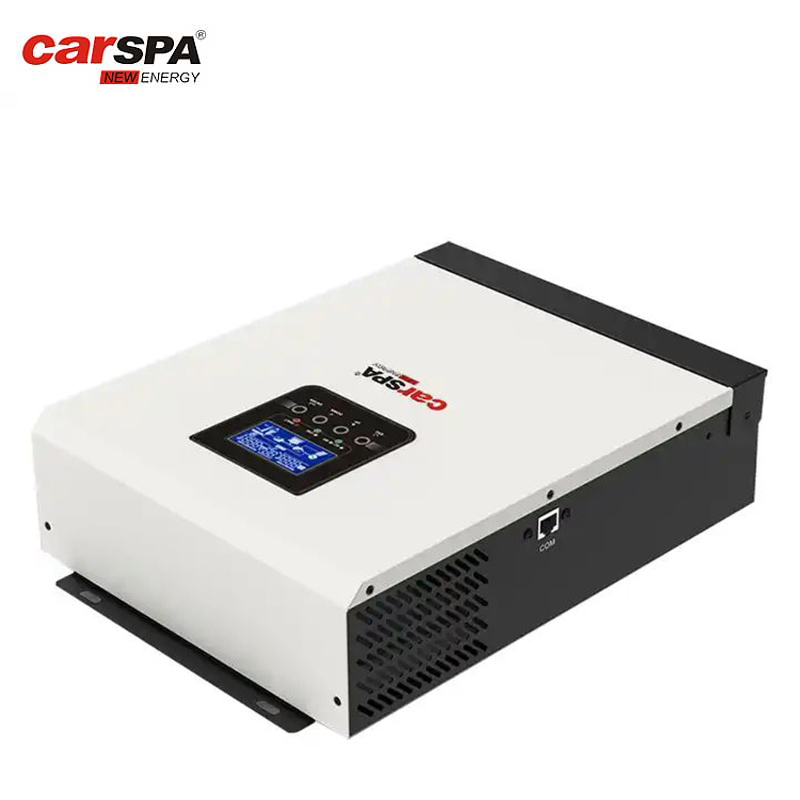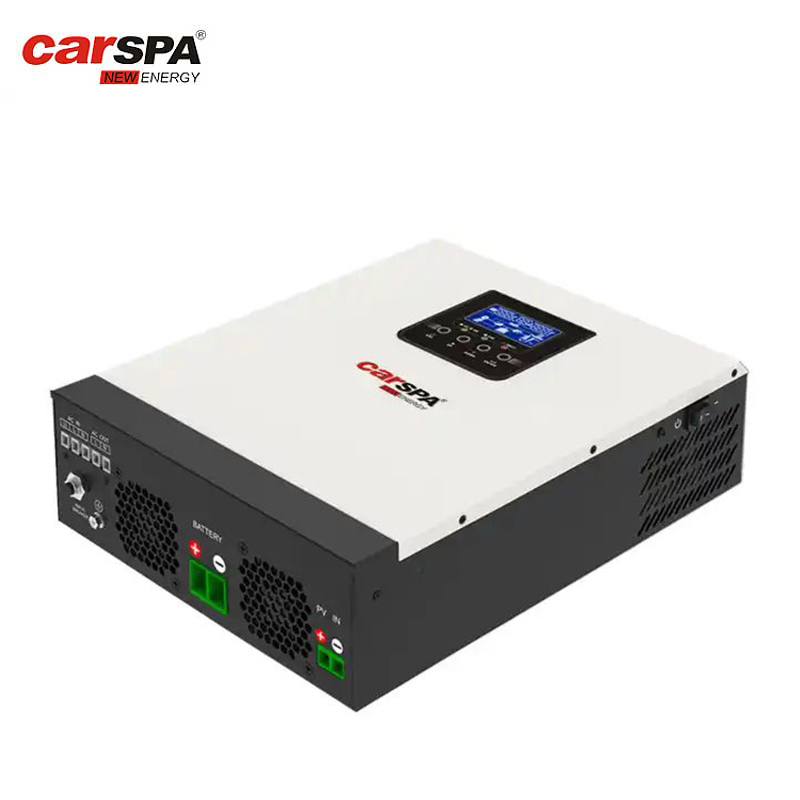What Is the Cheapest Way to Store Energy from Solar Panels?
As solar energy becomes increasingly popular, the question of how to store excess energy generated by solar panels efficiently and affordably arises. Energy storage is crucial for maximizing the value and reliability of solar power systems, allowing users to utilize solar-generated electricity even when the sun is not shining. In this article, we will explore the cheapest methods of storing energy from solar panels, focusing on cost-effective solutions that enable homeowners to make the most of their solar investments.

Lead-Acid Batteries:
Lead-acid batteries have been a traditional and relatively inexpensive option for energy storage. They are commonly used in off-grid solar systems or in small-scale residential applications. While lead-acid batteries have a lower upfront cost compared to other technologies, they tend to have shorter lifespans and require regular maintenance. Despite these limitations, they can still provide a cost-effective energy storage solution for those on a budget.
Lithium-Ion Batteries:
Lithium-ion (Li-ion) batteries have gained significant attention in recent years, primarily due to their increasing popularity in various applications, including electric vehicles and consumer electronics. The declining prices of Li-ion batteries have made them more affordable for residential energy storage. These batteries offer high energy density, longer lifespans, and superior efficiency compared to lead-acid batteries. Although the initial investment may be higher, the long-term cost-effectiveness of Li-ion batteries makes them a competitive choice for storing solar energy.
Pumped Hydroelectric Storage:
Pumped hydroelectric storage is a large-scale and cost-effective method of storing energy. It involves using excess solar-generated electricity to pump water from a lower reservoir to an upper reservoir. When electricity is needed, the stored water is released, flowing downhill through turbines to generate electricity. While pumped hydroelectric storage is typically used for utility-scale applications, its cost-effectiveness and high efficiency make it an attractive option for large solar installations that require significant energy storage capacity.
Compressed Air Energy Storage:
Compressed air energy storage (CAES) is another cost-effective solution for storing energy from solar panels. This technology involves compressing air using excess solar energy and storing it in underground caverns or tanks. When electricity demand is high, the stored compressed air is released and expanded through turbines, generating electricity. CAES has the advantage of using low-cost and abundant materials, making it an economical option for large-scale energy storage.
Considerations for Cost-Effective Solar Energy Storage:
When considering the cheapest way to store energy from solar panels, several factors should be taken into account:
System Size: Determining the appropriate storage capacity based on your energy needs and solar panel output is essential to avoid overspending on unnecessary storage capacity.
Lifetime Cost Analysis: While upfront costs are important, it's crucial to consider the long-term cost-effectiveness of the chosen energy storage technology. Factors such as lifespan, maintenance requirements, and efficiency should be evaluated.
System Integration: Ensuring compatibility and seamless integration between the solar panels, inverters, and energy storage system is crucial for optimal performance and cost-effectiveness.
Conclusion:
Several cost-effective options are available for storing energy from solar panels. Lead-acid batteries and lithium-ion batteries offer viable solutions for residential energy storage, with Li-ion batteries providing higher efficiency and longer lifespans. For larger-scale applications, pumped hydroelectric storage and compressed air energy storage present attractive options due to their cost-effectiveness and scalability. By considering factors such as system size, lifetime cost analysis, and system integration, homeowners can choose the most affordable energy storage solution that aligns with their needs and maximizes the benefits of solar energy.


